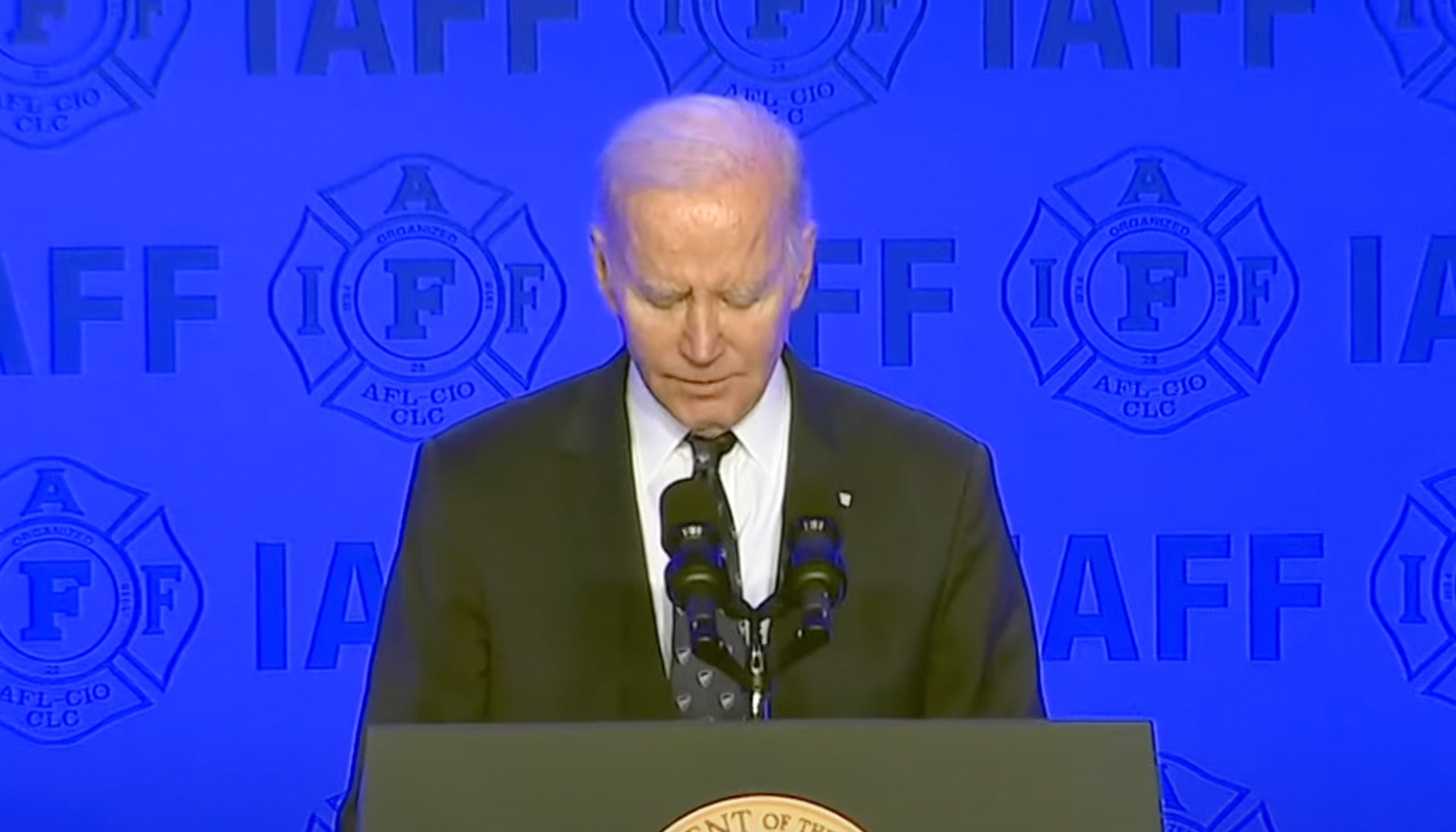Supreme Court Decision On Presidential Immunity Sent To D.C. Circuit
The Supreme Court has issued a pivotal ruling stating that U.S. presidents have limited immunity from criminal prosecution. This decision will significantly impact the ongoing legal battles of former President Donald Trump.
The case, which examines the extent of presidential immunity, has now been directed back to the lower courts for further action, Washington Examiner reported.
One month ago, the nation's highest court concluded that while presidents enjoy a certain level of immunity, it is not absolute. This landmark decision was handed down on July 1 amidst intense scrutiny and debate regarding its implications on the judiciary and executive powers.
Legal Journey From Supreme Court to District Court
Following the Supreme Court's decision, the case was swiftly sent to the District of Columbia Circuit Court of Appeals and then to the district court level. Judge Tanya Chutkan, who is presiding over this complex legal matter, is expected to announce updates on the scheduling of proceedings soon.
The ruling has triggered a procedural reassessment of the charges against Donald Trump, particularly focusing on his interactions with the Department of Justice, as highlighted by the Supreme Court's majority opinion.
These interactions are part of the indictment crafted by Special Counsel Jack Smith, who now faces the challenging task of amending the charges to align with the Supreme Court's guidelines regarding presidential immunity.
The Role of Judge Tanya Chutkan
Judge Chutkan is now tasked with a delicate balancing act: determining which of the actions listed in the indictment fall under the umbrella of immunity and which can still be legally pursued. This decision-making process is crucial as it sets the stage for the next phase of the legal proceedings.
Legal experts anticipate that this could lead to a mini-trial within the court, where Chutkan will hold hearings to sift through the evidence and witness testimonies to decide what charges remain viable against Trump.
While not concluding with a traditional verdict, this mini-trial will play a critical role in shaping the legal landscape surrounding the former president and the interpretation of executive immunity.
Implications for Presidential Election and Beyond
The timing of the Supreme Court's ruling suggests that a full trial might be prevented from occurring before the next presidential election. This scenario is a significant victory for Trump, who is keen on maintaining his political influence.
The decision not only stalls the immediate legal challenges against him but also sets a precedent for how future prosecutions of presidents might be handled in relation to acts committed while in office.
As the case resumes under the watchful eye of Judge Chutkan, the political and legal communities are bracing for a series of hearings that could further illuminate the limits of presidential power and accountability.
Continued Legal Scrutiny and Public Interest
The developments in this case continue to garner significant public and media attention, reflecting the ongoing debate over the balance of power within the U.S. government.
As Judge Chutkan prepares to delve into the complexities of the case, the nation watches closely. The outcomes of this judicial process will likely influence not only the immediate future of Donald Trump but also the broader legal interpretations of executive authority.
This case marks a critical point in U.S. legal history, where the principles of justice, presidential immunity, and accountability are being tested in unprecedented ways.
In conclusion, the Supreme Court's decision on presidential immunity, though providing some protection to presidents, also reaffirms the judiciary's role in interpreting and enforcing the law, even at the highest levels of government. The ensuing proceedings in the district court under Judge Chutkan will be pivotal in defining the scope of this immunity and its implications for presidential conduct.






